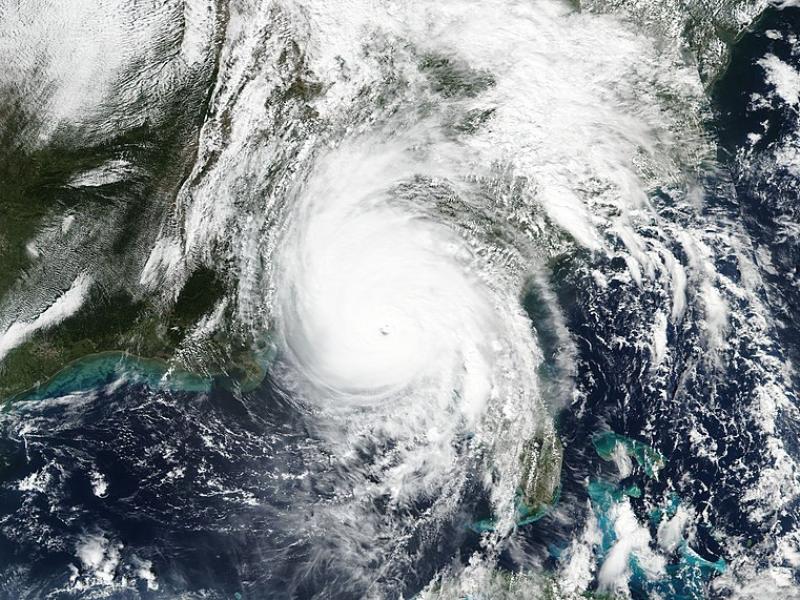
Document Author(s):
Year Published:
State:
Region:
SRLN COVID-19 Best Practice Tip: Joining Existing Disaster Response Network Ensures Legal Service Integration and Resilience (News 2020)
Floridians know all too well how their lives can be upended by hurricanes. This was especially true for those living in the path of Hurricane Michael, a category 5 storm, that slammed into the Florida Panhandle in October 2018. The region is served by Legal Services of North Florida (LSNF), and with the critical support of an LSC Disaster Relief Grant in 2018, LSNF was engaged in extensive efforts to integrate legal aid into regional disaster services. Recently, LSNF’s Disaster Coordinator Attorney Kathy Grunewald shared with an SRLN COVID-19 Problem Solving Call that, thanks to the relationships the LSNF team built responding to the legal needs arising out of Hurricane Michael, they are well integrated into the state and local disaster networks and actively collaborating on COVID plans and response.
Kathy has worked extensively to build relationships and engagement between her legal aid organization and her area’s disaster response network since receiving the 2018 LSC award to support their response to 2017 disasters. She shared that her initial goal was to “connect those impacted by the disasters with legal services.” This meant that non-legal disaster responders would know how to identify survivors’ need for legal support and where to send them for this help. To lay the groundwork to achieve this goal, Kathy started by attending an annual conference of emergency response stakeholders where she introduced herself, collected business cards, and shared what LSNF does including what resources are available and who they serve. After the conference, she disseminated a survey to a breadth of stakeholders active in disaster response to better understand what legal issues they saw most often. These two outreach efforts alone established a broader understanding of LSNF’s services across Florida’s disaster network.
Kathy also knew that the first place people typically go post-disaster to find help is the public library. She spent time speaking with librarians across Florida about typical disaster-related legal scenarios and where people could find help (i.e. legal services programs, the Florida Bar’s Disaster Legal Hotline, law help resources, the post-disaster FEMA Hotline, and legal hotlines). She did the same with law librarians, circulating information on disaster-specific legal services programs. Kathy shared that “long term disaster recovery groups across the country, where residents go for assistance, are also critical. Non-legal staff and volunteers need to be able to recognize a legal problem and know where relevant legal support is available.” In anticipation of hurricane season, she presented to a vast number of these groups and ensured information was there and readily available for legal referrals.
Finally, Kathy credits the intentional relationship building she did with state emergency operations staff in ensuring LSNF’s ongoing inclusion in current COVID-19 planning and response. She said that this participation, “makes a significant difference in knowing how recovery works, who runs what in the realm of disaster response, and how to best manage referrals from legal entities out to other support resources and to ensure non-legal respondents can refer those in need to the right legal support.” Kathy added that by having a true voice in the network, she has been given the opportunity to share what legal issues people will likely face as a result of this health emergency. Ongoing conferences like the North Florida Disaster Collaboration Conference continue to reinforce LSNF’s role in the broader response network.
Kathy advises those interested in taking similar steps towards resiliency to seek out existing networks from disaster response to senior services and to then continually show up, network, and share information on your legal service offerings broadly, adding that “as you show up, the circle grows.” Networks like the one LSNF built yielded relationships that are strong, sustainable, and welcoming of legal services integration.
For those interested in learning more about the work being done in the legal aid community on disaster response, visit the LSC Disaster Task Force Report and https://www.disasterlegalaid.org/.